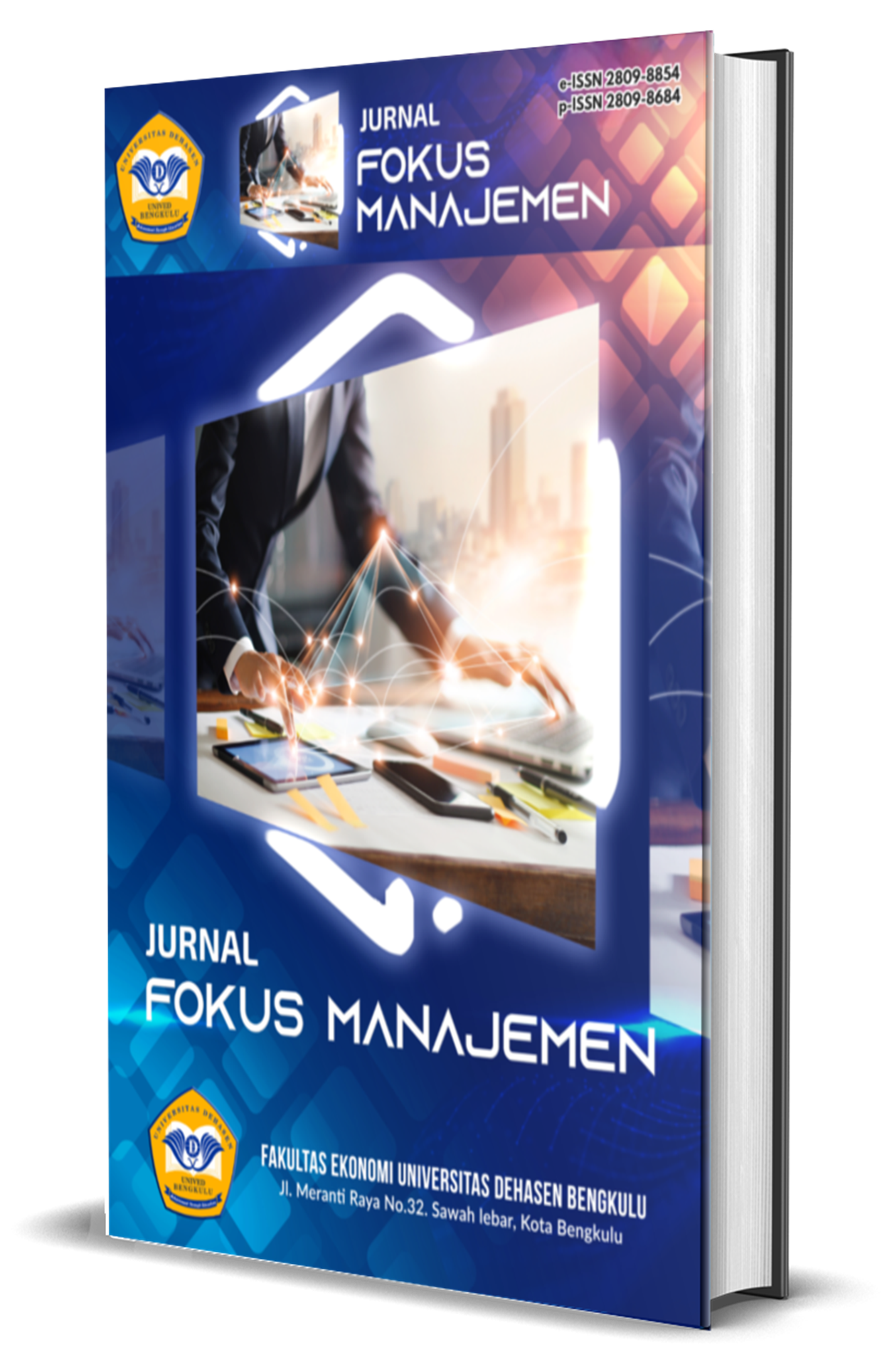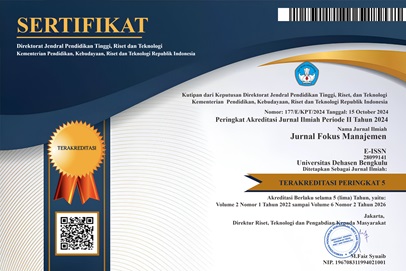The Efficiency And Effectiveness Of Budget Use In The Library And Archive Office Of Seluma Regency
Abstract
In brief, public budgeting can be described as a financial plan that outlines various costs related to the plans made (expenditures) and how much and in what way to obtain money to fund those plans (revenue). The purpose of this research is to determine the efficiency and effectiveness of budget use in the Library and Archive Office of Seluma Regency. The analysis method used in this study is descriptive method. The results of the study show that the spending efficiency of the office in 2019 had an efficiency level of 38.92%, which increased to 59.65% in 2020. From the perspective of this efficiency change, it can be seen as a decrease in efficiency, but it remains in the very efficient interval since the ratio value is still below 60%. In 2021, the efficiency level decreased to 96.07%, categorized as less efficient. However, in 2022, the efficiency ratio increased to 78.28%, categorized as efficient, and continued to rise in 2023 by 27.19% in the efficiency level assessment category. The average efficiency ratio from 2019 to 2023 for the office is 60.02%, which is categorized as efficient as it falls within the 60%-80% interval. The effectiveness of direct spending budget management in the office in 2019 was 92.25%, falling into the effective criteria, while in 2020, the effectiveness level decreased to 74.51%, categorized as less effective. In 2021, it increased to an effective level with a ratio value of 95.93%, but in 2022, it decreased again to 93.08%, still within the effective assessment criteria. In 2023, the effectiveness ratio increased to 99.12%, categorized as effective. It can be concluded that the average effectiveness level of the budget spending in the Library and Archive Office of Seluma Regency can be considered effective because the average value from 2019 to 2023 is 90.98%, which is in the effective category.
Downloads
Copyright (c) 2024 Kamelia Astuty, Neri Susanti, Rocky Andreas

This work is licensed under a Creative Commons Attribution-ShareAlike 4.0 International License.
An author who publishes in the Jurnal Fokus Manajemen (JFM) agrees to the following terms:
Author retains the copyright and grants the journal the right of first publication of the work simultaneously licensed under the Creative Commons Attribution-ShareAlike 4.0 License that allows others to share the work with an acknowledgement of the work's authorship and initial publication in this journal
Submission of a manuscript implies that the submitted work has not been published before (except as part of a thesis or report, or abstract); that it is not under consideration for publication elsewhere; that its publication has been approved by all co-authors. If and when the manuscript is accepted for publication, the author(s) still hold the copyright and retain publishing rights without restrictions. For the new invention, authors are suggested to manage its patent before published. The license type is CC-BY-SA 4.0.
Jurnal Fokus Manajemen (JFM) is licensed under a Creative Commons Attribution-ShareAlike 4.0 International License.
You are free to:
Share — copy and redistribute the material in any medium or format
Adapt — remix, transform, and build upon the material
for any purpose, even commercially.
The licensor cannot revoke these freedoms as long as you follow the license terms.





